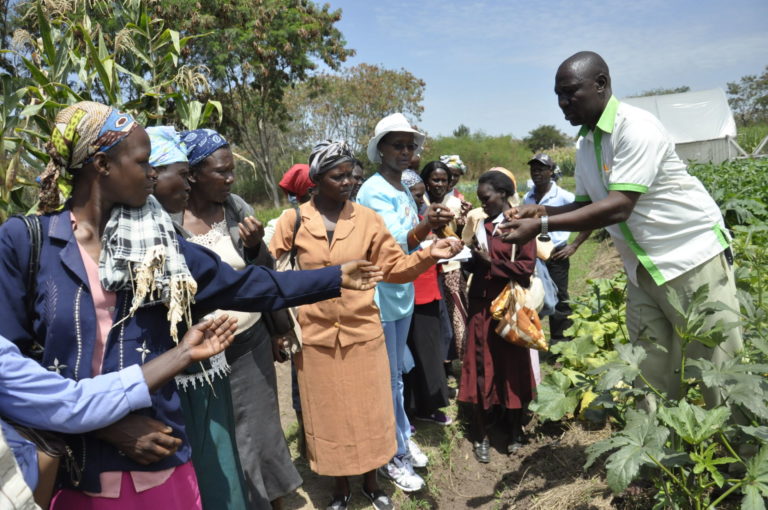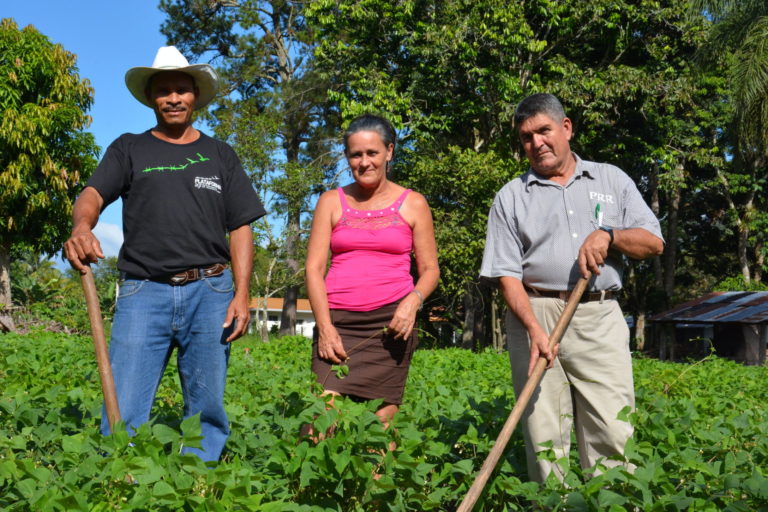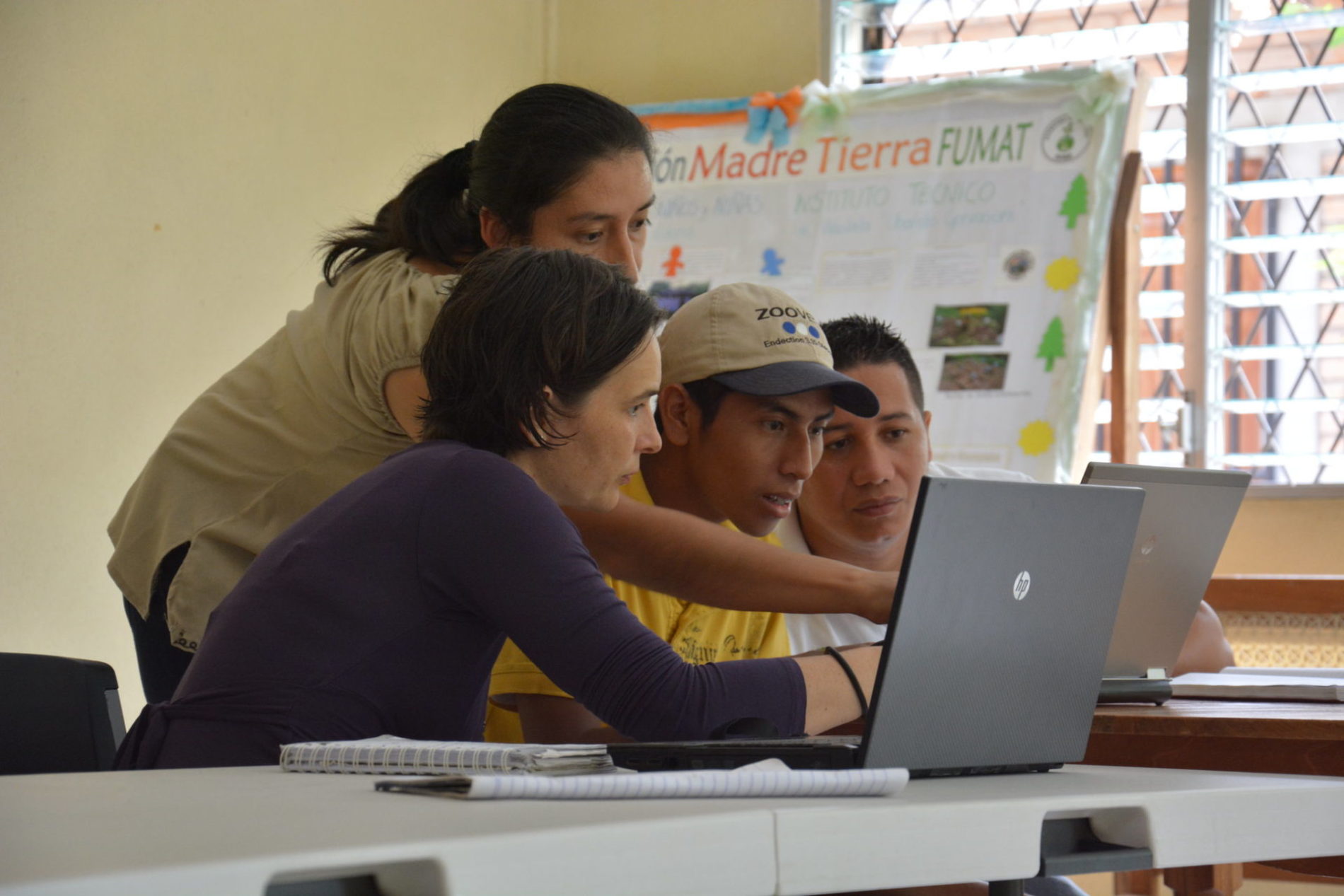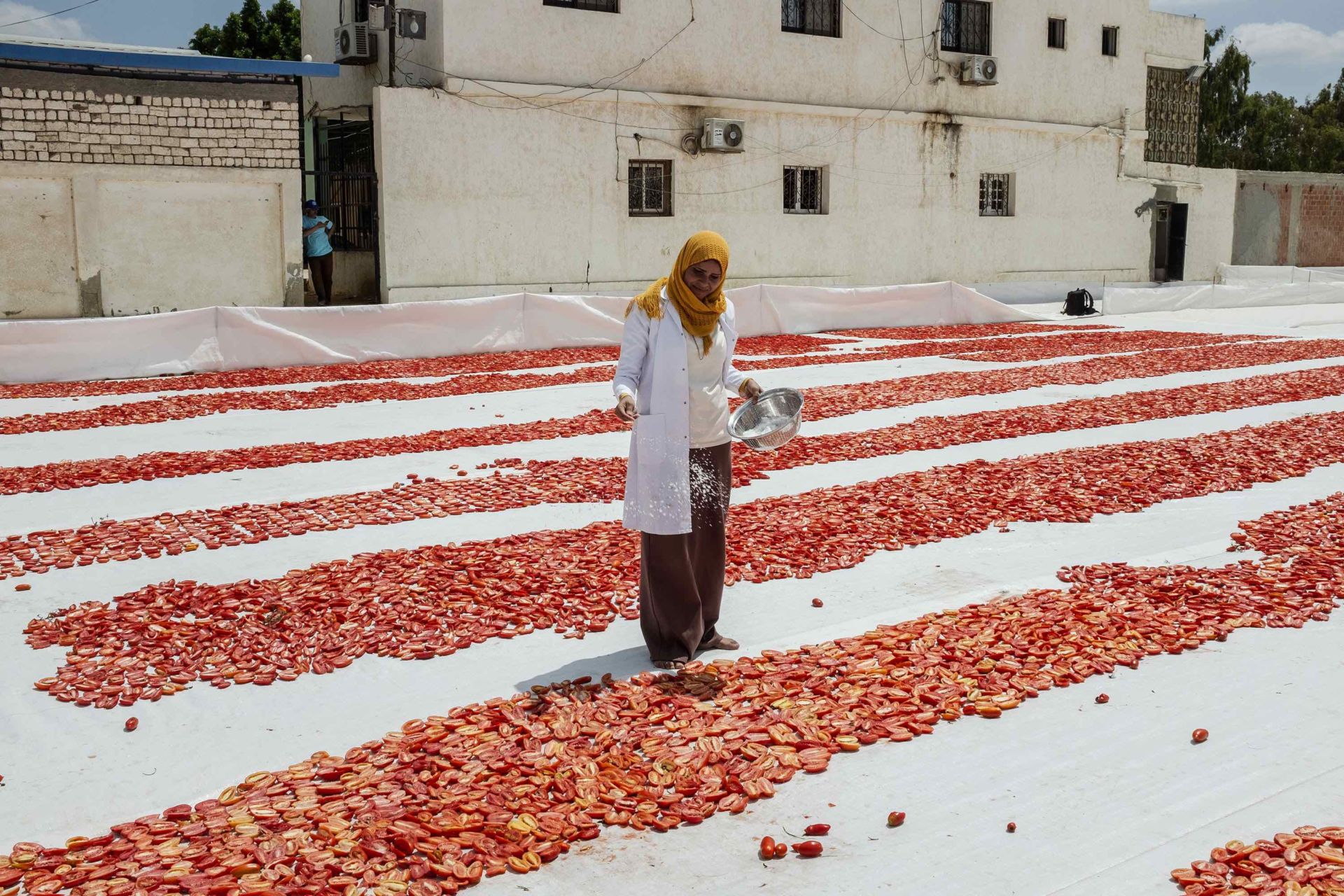FAO Investment Centre Deputy Director John Preissing speaks about the importance of investing in farmers.
The FAO Investment Centre has helped to design and implement over 2,250 investment operations across 170 countries, bringing development to scale through investment support with the countries and international financing institutions such as the World Bank, the International Fund for Agricultural Development, and regional development banks. Through supporting better investment decisions, facilitating policy dialogue and advising governments on policy and legislation and strengthening national agricultural investment capacities, the organization aims to help countries reach the five FAO strategic objectives.
With dramatic changes happening in agriculture, Deputy Director of the FAO Investment Centre John Preissing has been speaking about the importance of innovation, up to date training and information for farmers, and the sharing of new products and research findings.
Preissing, who has long been an advocate for investing in farmers and has held project management roles with an emphasis on supporting agriculture, sustainable development, and small enterprise development, also touches on the new global study by FAO, which seeks to raise awareness on the importance of investing in farmers, as well as some developments in agriculture human capital investment.
Why is this topic important?
John Preissing: Agriculture is changing quickly and dramatically. Farmers around the world are facing disruptive changes and long-term trends. The COVID-19 crisis is first and foremost on people’s minds, but there are many others, like climate change, the steady rise in the use of drones and other digital technologies, changing diets and urbanization, which affects both food demand and labour supply. Farmers also need to meet the rigorous food safety and quality requirements of global supply chains.

All of these things call for farmers to innovate quickly – more quickly than before – in order to be relevant and resilient and to earn a sustainable income. For years, investment projects have paid too little attention to investing in farmers at the expense of other areas. But strengthening farmers’ capacity is just as important as building bridges and irrigation canals.
I’ve found through my academic research and professional career, especially my work in agricultural extension services in rural Ecuador and the United States, that people who had better education, better health and better job experiences had much higher employment stability.
What makes farmers more apt to innovate?
JP: There are a number of factors – both individual and societal – that make farmers more prone to adopt new technologies and methods to improve their livelihoods. They may have had success in trying new seeds or plant spacing. They may have been able to earn more for a certain type of fruit or vegetable. Or, they may have been the first to have a smartphone. Education is another factor, including a person’s digital literacy, chemical soil literacy and so on.
Related Articles: Participation- Key to New Farming Systems | Social Farming | Agripreneurs, COVID-19 & Climate Change
Farmers are also generally more likely to innovate if there are functioning extension services, agricultural centres or radio programmes providing information and training in their communities, and if there are good incentives to work more directly with supply chains. New products and services and good research findings are also important. If there are no new drought-resistant seeds, for example, then it becomes difficult to innovate in drought-resistant activities.
The rise in new technologies, including digital technologies, is transforming agriculture and providing opportunities that were not there 20 years ago. This transformation is opening up interesting opportunities along the entire supply chain, including in processing and marketing, that could attract more young people.
What’s the purpose of this new global study?
JP: We began working closely with the International Food and Policy Research Institute and the CGIAR Research Program on Policies, Institutions and Markets earlier this year on this study. What we hope to do is provide evidence and raise awareness on the importance of investing in farmers, especially small-scale farmers, women and youth, and to provide policy and investment guidance to our member countries, bilateral partners, international financing institutions, non-governmental organizations (NGOs) and others.
We have identified a good range of formal and informal training programmes across all regions – some run by governments, some by NGOs, some by the private sector – that are strengthening farmers’ capacity. We’re looking at everything from traditional vocational schools, agriculture certification programmes and apprenticeships to farmer field schools, informal farmer-to-farmer knowledge sharing and social media groups. The end result will be a big compendium of recommendations, case studies of eight promising initiatives, boxes and technical notes to be published at the end of this year.

Can you give some examples of the case studies?
JP: In Peru, for example, we’re looking at how local promoters who have been intensively trained on agricultural topics are sharing their practical knowledge with low-income rural farming households. The programme helps the smallest producers access markets by improving the quality, consistency and volume of their production. It has had a good track record for over 20 years and is linked to a conditional cash transfer programme run by the Government.
Rwanda’s Twigire Muhinzi National Extension System is a good example of how the country is institutionalizing the farmer field school approach to improve rural livelihoods. And in India, we are focusing on how certified master trainers are training rural women farmers to improve the productivity, sustainability and quality of the milk and cheese they produce.
We are also looking at productive alliances, like the ones among Chilean grape growers, wine producers and the Government. The Government is funding half of the programme, while successful high-end wine producers are funding the other half, providing smaller farmers with high-quality inputs and training to produce grapes that meet exacting standards. It’s a win-win situation, as quality has improved, volume has increased and farmers have a guaranteed market.
In addition, we’ve created a small technical group to see how to measure agriculture human capital investment using cost-benefit analyses, economic financial analyses and indicators. This will help us understand better what works and why, the costs and so on.

Are you optimistic this will reverse years of under-investment?
JP: I must say that I’m very impressed by the level of interest expressed by our financing partners. They are looking for the tools and guidance on how to invest better in farmers. The big challenge ahead of us is making sure the global population – likely to near 10 billion by 2050 – has regular access to safe, affordable and nutritious food. That requires a big transformation in the way we produce, market, consume and dispose of our food – and people are at the centre of that transformation.
The big challenge ahead of us is making sure the global population – likely to near 10 billion by 2050 – has regular access to safe, affordable and nutritious food. That requires a big transformation in the way we produce, market, consume and dispose of our food – and people are at the centre of that transformation.
Editor’s Note: The opinions expressed here by Impakter.com columnists are their own, not those of Impakter.com. — In the Featured Photo: Woman drying tomatoes in Egypt — Featured Photo Credit: ©FAO










